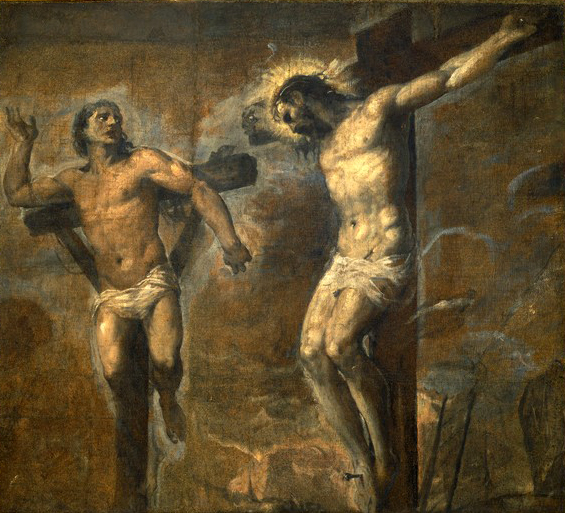There are four poignant verses in the story of Susanna that exemplify the battle between good and evil. The two elders saw Susanna’s beauty, and treating her as an object instead of a person, they “suppressed their consciences; they would not allow their eyes to look to heaven, and did not keep in mind just judgments.” (Dn 13:9)The temptation to sin was so great they pushed aside their moral compass. They made a choice to turn from God and they paid for it with their lives. Evil won in their case. How often do we make a conscious choice away from God, knowing that what we are doing is wrong?
Susanna, on the other hand, never turned her gaze from God. She knew that to acquiesce to their threats would be safest but would also be allowing herself to enter into sin. In fighting against them, she was opening herself to punishment as it was the word of two elders against hers. In a culture where women were not valued, this was sure to lead to her death. But so great was her love for God, she was willing to risk it all. “Yet it is better for me to fall into your power without guilt than to sin before the Lord.” (Dn 13: 23) How often do we choose God over what is easy or safe?
She prayed to God and trusted him. When she was in front of the assembly being accused of adultery in a land where the punishment for adultery is death, she called out to God who knows what is true and what is hidden. In front of her accusers, her family, and her husband she spoke the truth. How often do we trust that if we speak truth, God will take care of us?
“The Lord heard her prayer.” (Dn 13:44) He always does. Our God is good and powerful and faithful. No matter how dire the situation, we can know that he is with us, he hears us, and he never abandons us.
Her faith saved her. In front of all the people, Daniel proved the elders were lying and Susanna was set free. Her faith also helped others because they saw that it was God’s work they witnessed and “The whole assembly cried aloud, blessing God who saves those who hope in him.” (Dan 13:60)
There is evil in the world. We are tempted on a daily basis. It is up to us to choose to keep our eyes on God or to succumb to the temptations. It is also up to us to trust that God will be with us in that choice and his grace will lead us through. The Lord will hear our prayers and we can rejoice and praise him because he will save us.
 Merridith Frediani loves words and is delighted by good sentences. She also loves Lake Michigan, dahlias, the first sip of hot coffee in the morning, millennials, and playing Sheepshead with her husband and three kids. She writes for Catholic Mom, Diocesan.com, and her local Catholic Herald. Her first book Draw Close to Jesus: A Woman’s Guide to Adoration is available at Our Sunday Visitor and Amazon. You can learn more at merridithfrediani.com.
Merridith Frediani loves words and is delighted by good sentences. She also loves Lake Michigan, dahlias, the first sip of hot coffee in the morning, millennials, and playing Sheepshead with her husband and three kids. She writes for Catholic Mom, Diocesan.com, and her local Catholic Herald. Her first book Draw Close to Jesus: A Woman’s Guide to Adoration is available at Our Sunday Visitor and Amazon. You can learn more at merridithfrediani.com.
Feature Image Credit: Lichi Mariño, https://www.cathopic.com/photo/25377-inmaculada-ti-me-confio
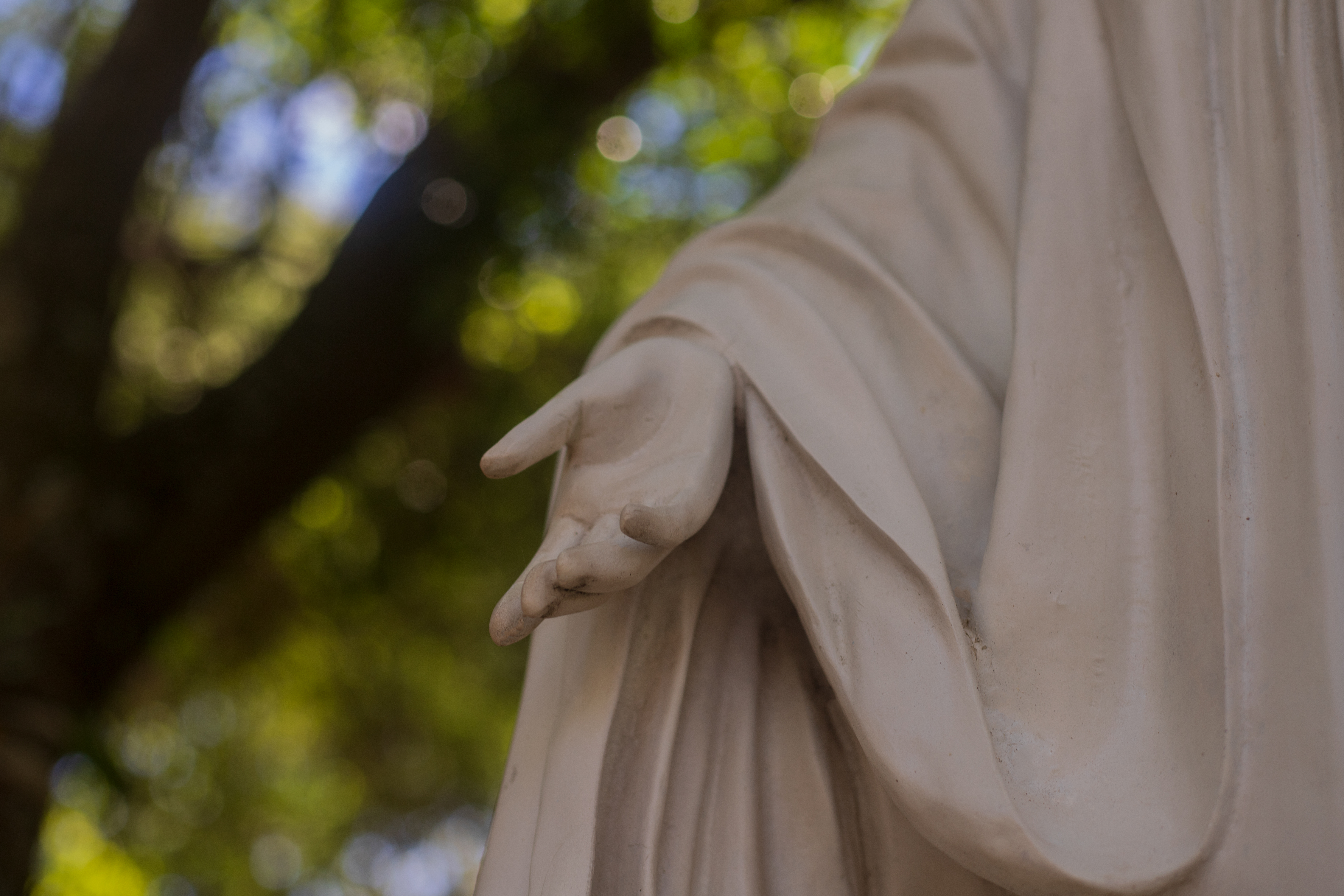
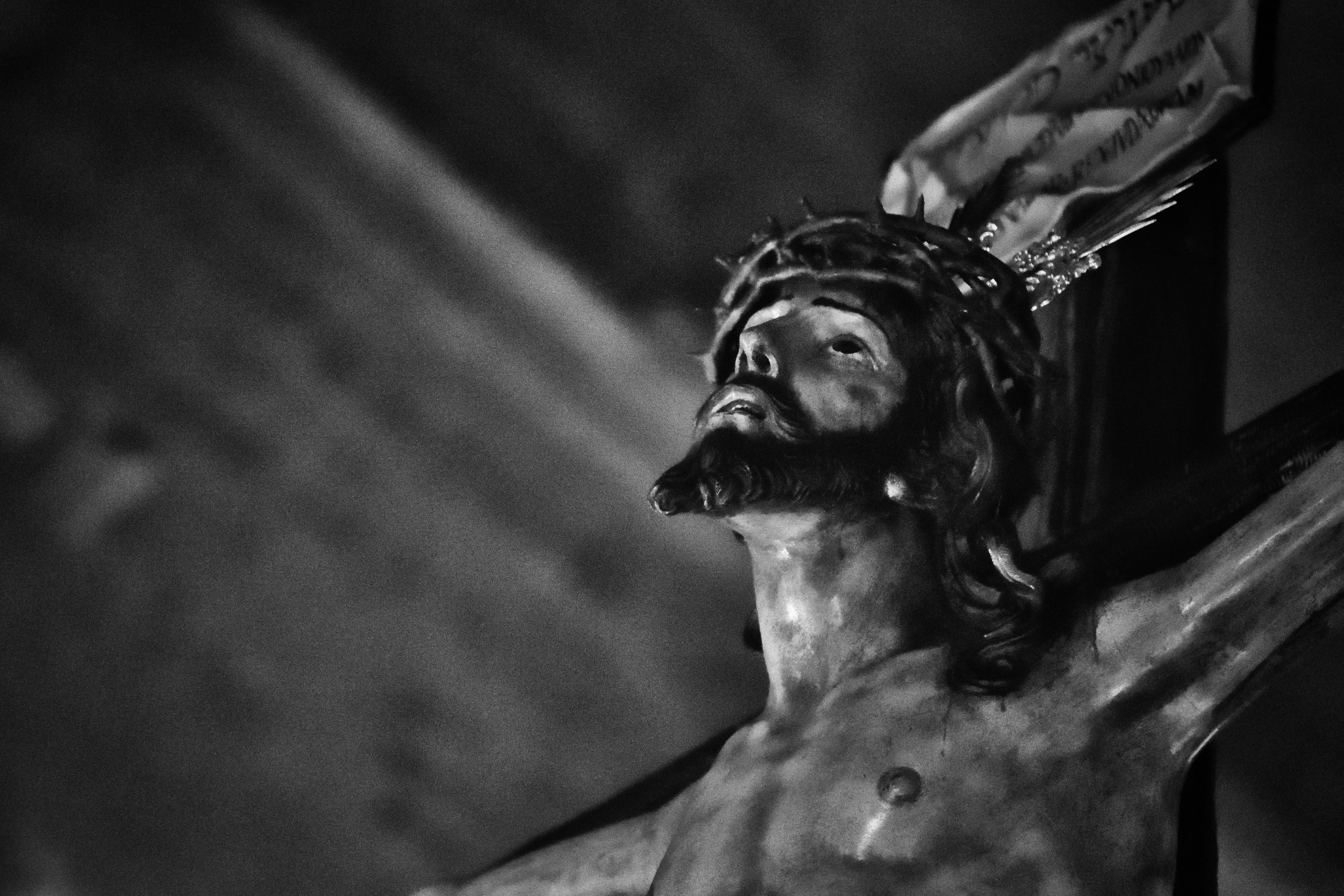
 Kathryn Mulderink, MA, is married to Robert, Station Manager for Holy Family Radio. Together they have seven children (including Father Rob), and four grandchildren. She is President of the local community of Secular Discalced Carmelites and has published five books and many articles. Over the last 30 years, she has worked as a teacher, headmistress, catechist, Pastoral Associate, and DRE, and as a writer and voice talent for Catholic Radio. Currently, she serves the Church by writing and speaking, and by collaborating with various parishes and to lead others to encounter Christ and engage their faith. Her website is
Kathryn Mulderink, MA, is married to Robert, Station Manager for Holy Family Radio. Together they have seven children (including Father Rob), and four grandchildren. She is President of the local community of Secular Discalced Carmelites and has published five books and many articles. Over the last 30 years, she has worked as a teacher, headmistress, catechist, Pastoral Associate, and DRE, and as a writer and voice talent for Catholic Radio. Currently, she serves the Church by writing and speaking, and by collaborating with various parishes and to lead others to encounter Christ and engage their faith. Her website is 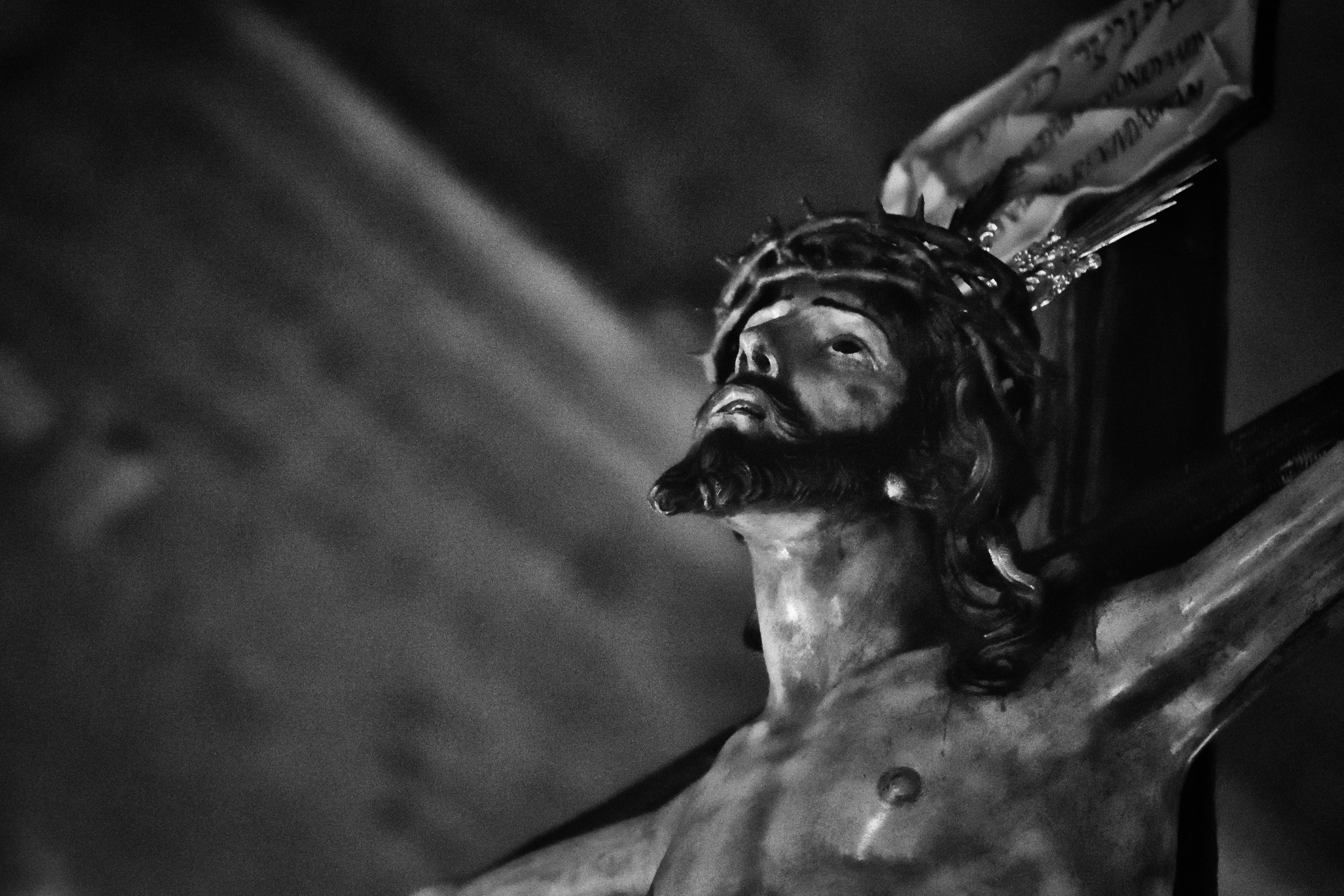
 Dakota currently lives in Denver, CO and teaches English Language Development and Spanish to high schoolers. She is married to the love of her life, Ralph. In her spare time, she reads, goes to breweries, and watches baseball. Dakota’s favorite saints are St. John Paul II (how could it not be?) and St. José Luis Sánchez del Río. She is passionate about her faith and considers herself blessed at any opportunity to share that faith with others. Check out more of her writing at
Dakota currently lives in Denver, CO and teaches English Language Development and Spanish to high schoolers. She is married to the love of her life, Ralph. In her spare time, she reads, goes to breweries, and watches baseball. Dakota’s favorite saints are St. John Paul II (how could it not be?) and St. José Luis Sánchez del Río. She is passionate about her faith and considers herself blessed at any opportunity to share that faith with others. Check out more of her writing at 
 Kathryn James Hermes, FSP, is the author of the newly released title
Kathryn James Hermes, FSP, is the author of the newly released title


 Arthur Richardson is married to his wonderful wife, Gabby Richardson. They will be married for two years this January! Most of his work experience is in ministry. He was a retreat missionary in Wisconsin for two years and a youth minister for three years. He is now the Web Project Manager here at Diocesan, and loves it!
Arthur Richardson is married to his wonderful wife, Gabby Richardson. They will be married for two years this January! Most of his work experience is in ministry. He was a retreat missionary in Wisconsin for two years and a youth minister for three years. He is now the Web Project Manager here at Diocesan, and loves it!

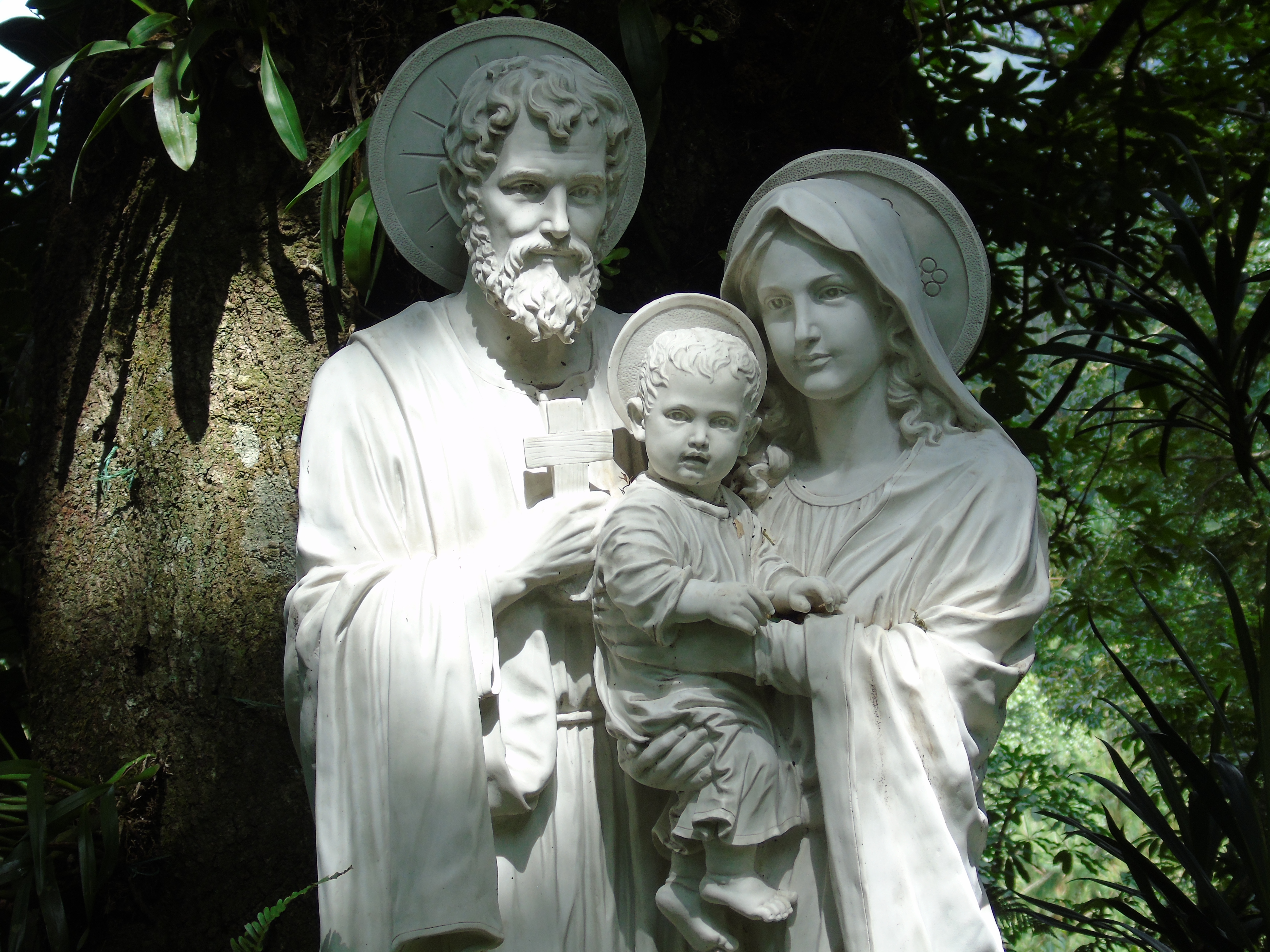
 David Dashiell is a freelance writer, editor, and proofreader based in the Pittsburgh, Pennsylvania area. His writing has been featured in Crisis Magazine and The Imaginative Conservative, and his editing is done for a variety of publishers, such as Sophia Institute and Scepter. He can be reached at
David Dashiell is a freelance writer, editor, and proofreader based in the Pittsburgh, Pennsylvania area. His writing has been featured in Crisis Magazine and The Imaginative Conservative, and his editing is done for a variety of publishers, such as Sophia Institute and Scepter. He can be reached at 